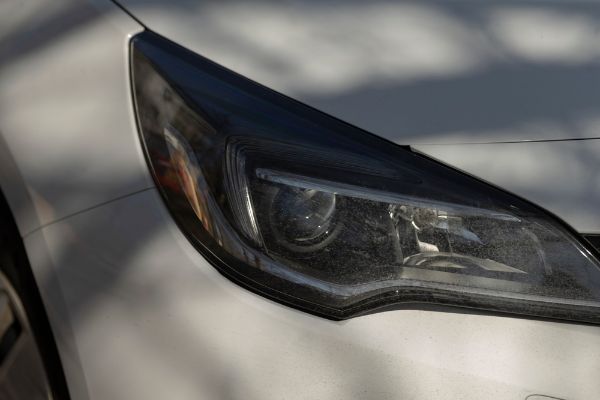Electrical system problems can cause many issues in a vehicle. These problems often start small but can lead to bigger trouble if ignored. A vehicle’s electrical system includes wires, fuses, relays, and more. These parts help power lights, windows, locks, and even the engine. When one part stops working, the whole system can suffer. One of the most common signs of trouble is dim lights. Dim headlights or dashboard lights can mean the battery is weak or a wire is loose. Sometimes, it means there is a problem deeper in the wiring system. When lights flicker or stop working, the issue could be more serious. Any electrical issue should be checked right away.
Blown Fuses and What They Mean for Your Vehicle
A blown fuse is one of the easiest problems to spot in a vehicle’s electrical system. Fuses are safety devices that stop power when there is too much current. When a fuse blows, it means something is wrong. A fuse might blow if there is a short circuit, a bad switch, or an overloaded circuit. Signs of a blown fuse include power windows not working or the stereo turning off. You may also notice lights not turning on inside the vehicle. To fix a blown fuse, the cause needs to be found. Simply replacing the fuse is not enough if the main problem is still there. A technician can check for power drains or broken wires to find the real issue.
Understanding Short Circuits in Electrical Systems
A short circuit is a serious electrical problem. It happens when electricity takes a wrong path. Instead of flowing through wires and devices, it jumps to a nearby wire or metal surface. This can cause sparks or smoke and may even drain the battery fast. A short circuit can melt wires and damage the fuse box. In many cases, the signs of a short circuit include burning smells, flickering lights, or electronics shutting off. A short can happen from broken insulation, water leaks, or pinched wires. These can be hard to see without the right tools. Fixing a short circuit needs a full check of the wiring system. Repairing this issue keeps your vehicle safe and working right.
Why Dim Lights Signal Electrical Trouble
Dim lights are easy to miss but are an early warning sign. If your headlights or inside lights look weak, something may be wrong. The battery may not be charging. The alternator could be failing. Loose or corroded wiring can also lower the power reaching your lights. Dim lights mean your vehicle’s electrical system is not working at full strength. This can also affect other parts of your vehicle, like the ignition or sensors. A technician can check the voltage, battery, and wiring to find the cause. Solving dim light problems early helps avoid bigger repairs later. Replacing old wires or fixing the charging system can restore full power to your vehicle’s lights and electronics.
Get Help With Electrical Repairs at Campbell Automotive
If you are noticing dim lights, blown fuses, or other electrical problems in your vehicle, the team at Campbell Automotive is here to help. Our trained technicians can find and fix wiring issues, shorts, or charging system problems. We use professional tools to test your vehicle’s electrical system and get it back in shape. Whether you need a quick fuse replacement or a full system check, Campbell Automotive has you covered. Call us today at (417) 501-4646 or schedule an appointment online at Campbell Automotive.

